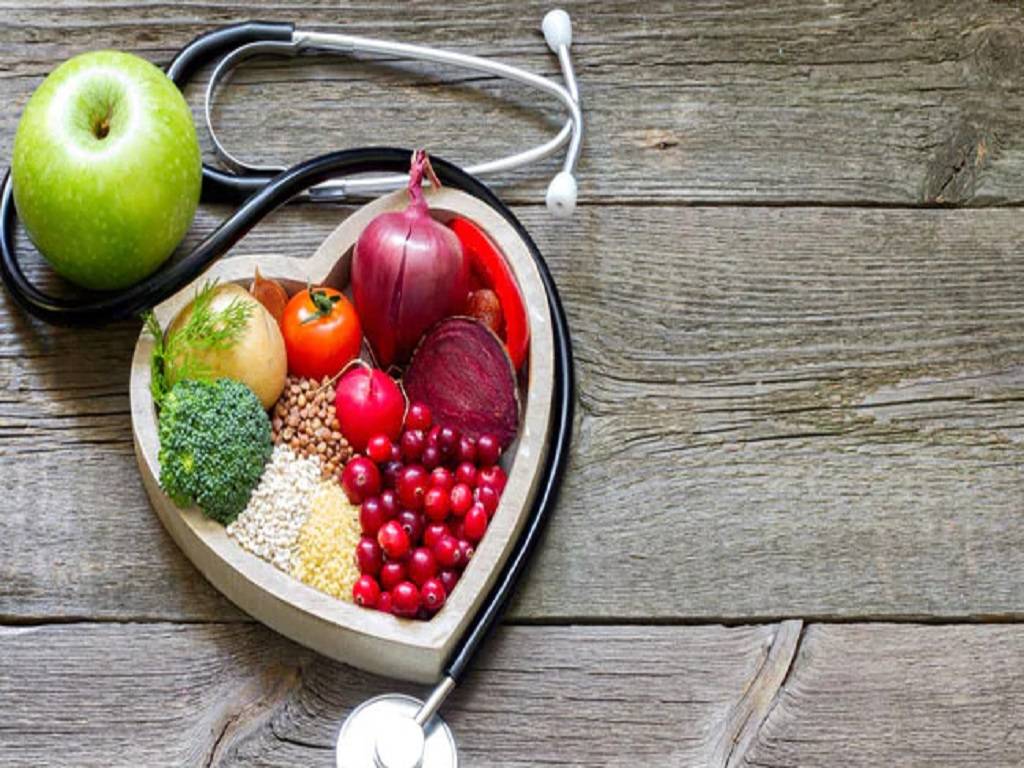
The onset of the pandemic has made everyone more aware of their own well-being, and health has become the top priority for the majority of people. In the process, more emphasis is being placed on the importance of healthy eating – that is, consuming a balanced diet of carbohydrates, proteins, water, vitamins, and a portion of fat – and its role in overall physical and mental health.
Consuming the right food – in terms of both type and quantity – not only aids in reaching and maintaining a healthy weight but also protects you from a variety of harmful illnesses.
Studies show that adopting a healthy diet and increasing physical activity can reduce the risk of premature heart disease which is a leading cause of death worldwide by up to 80%.
High blood pressure, which is becoming more of a problem in cities and towns, can lead to heart attacks, heart failure, and strokes. The foods consumed can help lower and maintain blood pressure at optimal levels, thereby keeping the heart-healthy. A healthy diet should include plenty of vegetables, fruits, whole grains, fat-free or low-fat products, and high-fiber foods, all of which help to reduce the risk of heart disease and stroke. Drinks and foods containing added sugar should also be avoided. Limiting your salt intake can also help lower your blood pressure.
Eating foods high in antioxidants, such as fruits, vegetables, nuts, and legumes, can reduce the risk of contracting another dreaded disease, cancer. These foods lower a person's risk of developing cancer because antioxidants protect human body cells from damage. The presence of free radicals in the body is well known to increase the risk of cancer. Antioxidants aid in the elimination of these, making them an important component of cancer prevention.
A lesser-known but equally important aspect is the relationship between a person's diet and mood. Consuming foods with a higher glycemic index (the presence of glucose in the blood) may exacerbate symptoms of depression and fatigue. Vegetables, fruits, and whole grains have a lower glycemic load than refined carbohydrates and bakery products, which have a higher percentage of the same.
Consuming the proper type and quantity of food is also important for weight loss, improved memory, healthy digestion, and other benefits.
However, as the saying goes, Rome was not built in a day. This proverb also applies to our food and eating habits. Our bodies gradually adapt to new processes. A sudden change in these could be harmful, but when done properly, it becomes an integral part of our lives. The simplest way to accomplish this is to focus on what we eat and literally separate the grain from the chaff. A balanced diet includes carbohydrates, proteins, fats, vitamins, and minerals.
Best Superfoods for your Body
Fruits: Fruits are nourishing and high in nutrients. Looking at a few examples, we can see that apples and oranges are high in Vitamin C, blueberries are high in antioxidants, and avocados are high in fibre, potassium, and Vitamin C.
Nuts and seeds: These are high in fibre and essential for bone health. Flax seeds, pumpkin seeds, and sesame seeds all help to lower cholesterol and reduce inflammation throughout the body. Chia seeds are high in magnesium and calcium, and walnuts are high in fibre, vitamins, and minerals.
Vegetables: Vegetables play an important role in our daily diet. They are an excellent source of nutrients due to their wide variety. The list is lengthy, and there are numerous examples. Consider broccoli, a vegetable that can be consumed in both raw and cooked forms. It is high in fibre as well as vitamins C and K. Another example is garlic, which aids in the improvement of the body's immunity. Carrots, tomatoes, radishes– the list goes on and on. Another important rule: don't forget your greens.
Grains: They are high in nutrients, fibre, B vitamins (thiamine, riboflavin, niacin, and folate), and minerals (iron, magnesium and selenium). Grains contain a lot of carbohydrates. Whole grains, such as oats, brown rice, and quinoa, are high in fibre, vitamins, and minerals.










